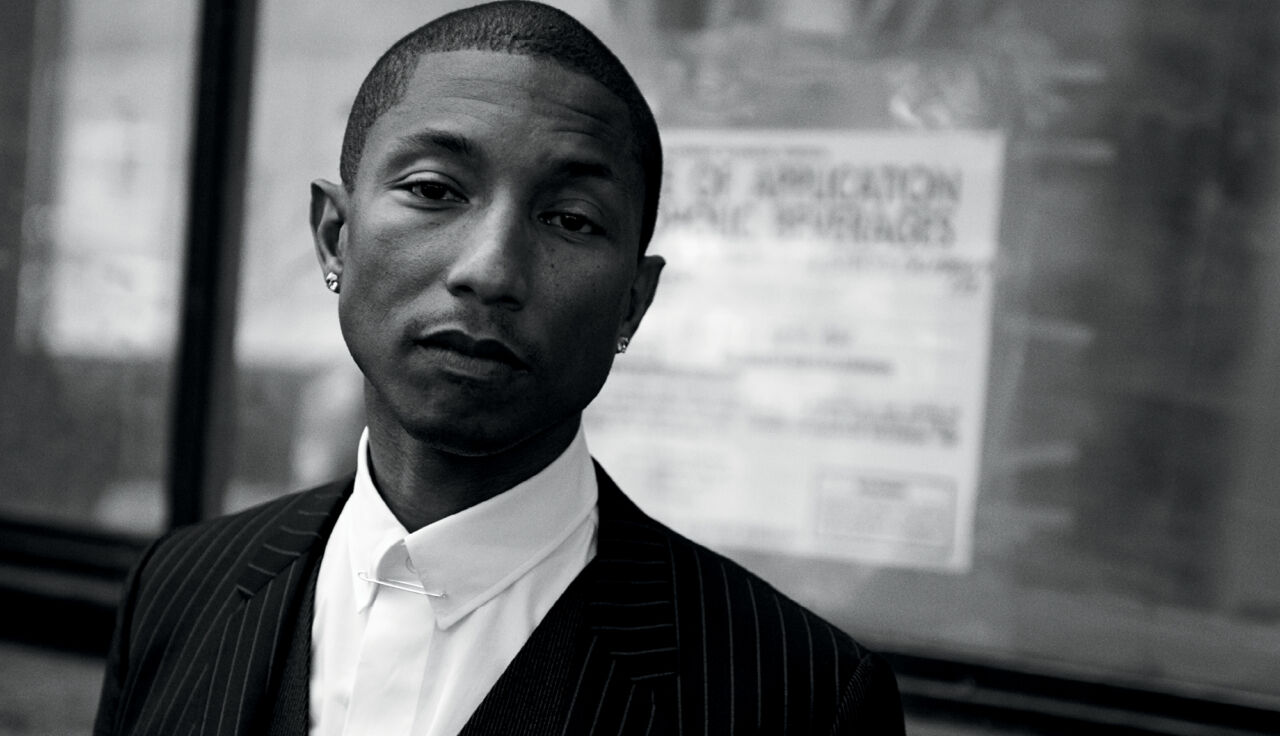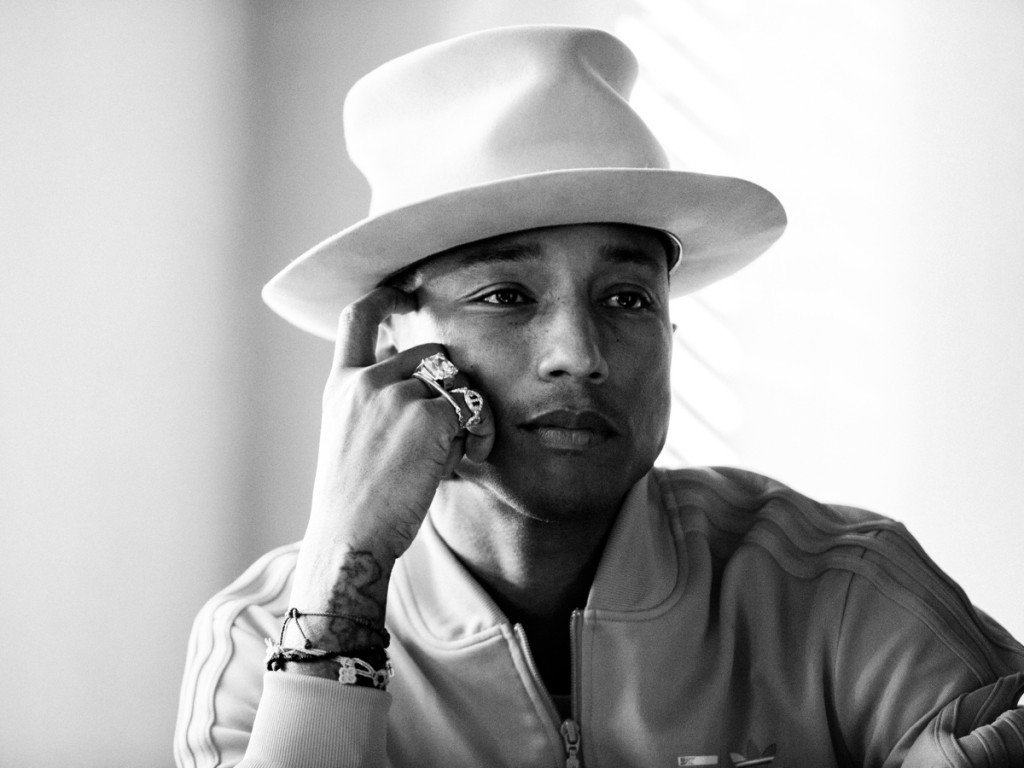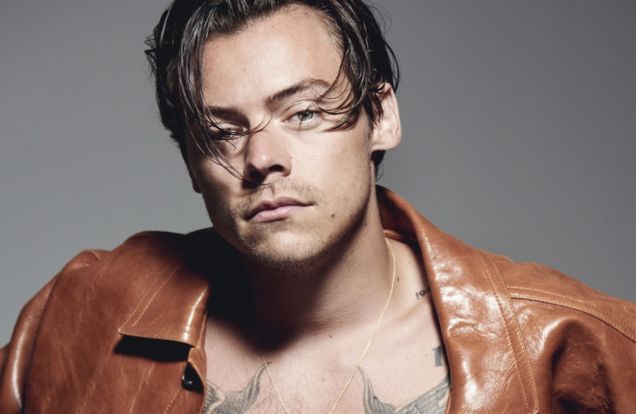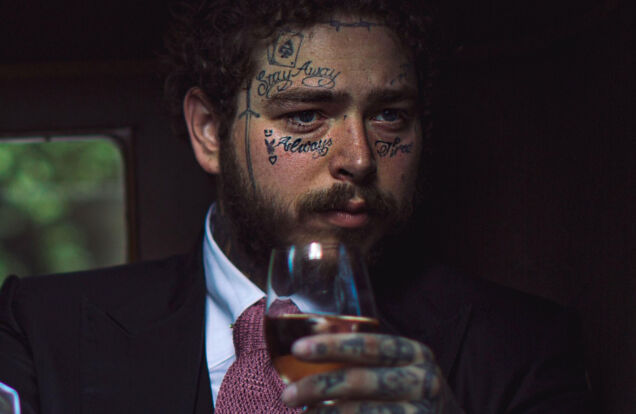PHARRELL WILLIAMS
Smooth, Talented, Beautiful


Pharrell Williams is a man of many talents.
Artist.
Producer.
Skin-care spokesman.
And now a lead for a Netflix show.
Netflix’s latest docuseries, Voices of Fire, started streaming on November 20. It is a six-part gospel music show, and Pharrell is the star. It is similar to 2019’s Rhythm & Flow; the concept is of a one-shot musical competition to earn a spot within Bishop Ezekiel Williams’ gospel choir. The town-renowned Bishop Williams is joined by his world-renowned nephew, looking for fresh new talent. They share intimate stories of Hampton Roads, Virginia’s men, and women, and their grave struggles financially and emotionally.
To better themselves, many are seeking refuge through music and earn a spot in the choir.
In many respects, the show brings it full circle for the frontman of N.E.R.D.
During Pharrell’s teen years, the Virginia native was discovered by New Jack Swing singer/songwriter Teddy Riley at a high school talent show. From there, the Virginia native would go on to write for Riley and subsequently work with fellow D.M.V. natives, such as Timbaland, Magoo, and iconic rap duo, Clipse (Pusha T and Malice). Today, the 47-year old takes on the same role Riley once did, shedding light on his community the only way he could.
In the meantime, the legend has his hand in multiple projects. Recently in conjunction with Uninterrupted and MasterClass, the singer taught and recorded a six-minute mini-class on empathy, racism, and social justice called The Power You Hold. Sparked by shootings in his hometown, his community reached out to the legend. He stressed the need to “change the temperature of the racial tension.”
Ultimately, between something as serious as social justice and finding life’s purpose, to something as aesthetically admirable as promoting a new skin-care brand, Pharrell, now in the twilight of his musical life, has provided everyone with the tools to succeed in music, and potentially, life.
As his words on social justice apply for all who seek insight, and most importantly, those who ought to supply it:
“Empathy’s greatest potential is equality for all mankind.”

